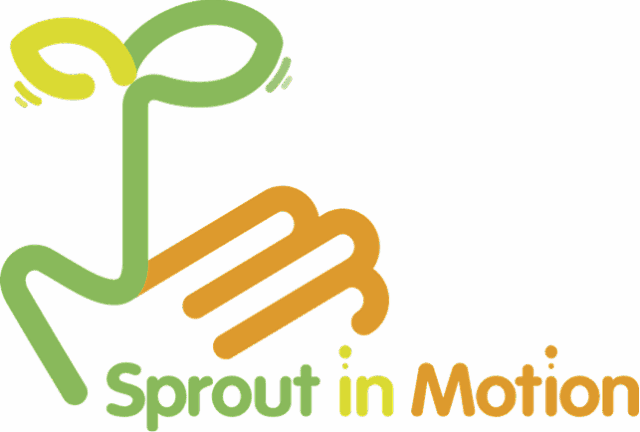Executive Function Coaching
Executive function coaching is a specialized intervention designed to support children and adolescents in developing essential cognitive, organizational, and self-regulation skills. These skills are critical for managing daily tasks, academic success, and personal independence. Our coaching approach helps children strengthen their time management, focus, planning, and problem-solving abilities, allowing them to become more confident and self-sufficient learners.

Areas of focus
-

Attention & Focus
Enhancing sustained attention and minimizing distractions for improved academic and daily functioning.
-

Organization & Time Management
Teaching strategies for planning assignments, managing schedules, and completing tasks efficiently.
-

Working Memory
Developing techniques to improve information retention, note-taking, and following multi-step instructions.
-

Self-Regulation & Emotional Control
Helping children manage frustration, control impulses, and navigate social interactions effectively.
-

Task Initiation & Goal Setting
Encouraging independent problem-solving and persistence in completing academic or personal goals.
Signs Your Child May Benefit from Executive Function Coaching
If a child displays several of these behaviors, your child may benefit from Executive Function Coaching.

Coaching Approach
Session format
Individual / Small Groups
For school-age children & adolescents
We use a collaborative, strength-based approach, ensuring children develop self-awareness and practical skills to improve daily functioning.
Common approach
- Structured Planning & Goal Setting – Teaching time management and organization techniques.
- Interactive & Hands-On Strategies – Using games, visual aids, and role-playing to reinforce learning.
- Real-Life Application – Practicing executive function skills in school, home, and social settings.
- Parental Collaboration & Home Strategies – Providing parents with tools to support skill development at home.

Therapeutic Benefits
- Improves academic performance by strengthening focus, memory, and task management.
- Builds confidence and independence in school and daily life.
- Reduces stress and frustration related to poor time management and disorganization.
- Enhances problem-solving and adaptability for real-world challenges.
- Supports emotional resilience in handling setbacks and building perseverance.
Our Specialists
-

Dr. Minna Chau
Founder & Clinical Child Psychologist
-

Veronica Chan
Senior Speech and Language Therapist
-

Kelly Chan
Speech and Language Therapist & Counselor
-

Laurena Chen
Occupational Therapist
-

Dorothy Cheung
Occupational Therapist
-

Cherie Tan
Occupational Therapist
Therapy scenarios
Service Fee
Executive Function Coaching
| Therapists | 60 mins |
|---|---|
| Counsellor, Arts Therapist | HK$1,800 |
| Senior Counsellor | HK$2,000 |
| Educational Psychologist or Clinical Psychologist | HK$2,200 |
| Senior Doctoral-level Accredited Clinical Psychologist – Dr. Minna Chau | HK$3,000 |
Frequently Asked Questions
How do I know if my child needs Executive Function Coaching?
If your child struggles with organization, time management, focus, or emotional regulation, they may benefit from coaching. Common signs include difficulty completing homework, frequently forgetting tasks, trouble following instructions, and becoming easily overwhelmed with assignments or daily routines.
How is Executive Function Coaching different from tutoring?
While tutoring focuses on specific subjects, Executive Function Coaching helps children develop thinking and organizational skills needed for learning, problem-solving, and self-management. It builds essential abilities such as planning, prioritization, focus, and resilience, which benefit them across all areas of life.
Will parents be involved in the coaching process?
Yes! Parental involvement is key to reinforcing progress. Our coaches provide strategies, updates, and practical tools to help parents support their child’s skill development at home and school.
How long does my child need Executive Function Coaching?
Each child’s needs are different. Some children benefit from short-term coaching (6-12 sessions) to build foundational skills, while others may need ongoing support to develop independent learning and self-regulation strategies. Progress is regularly assessed, and goals are adjusted as needed.




